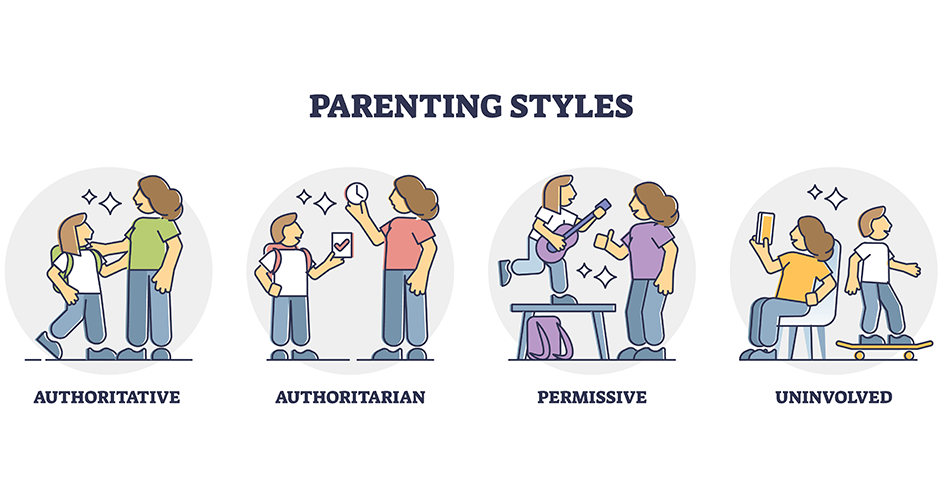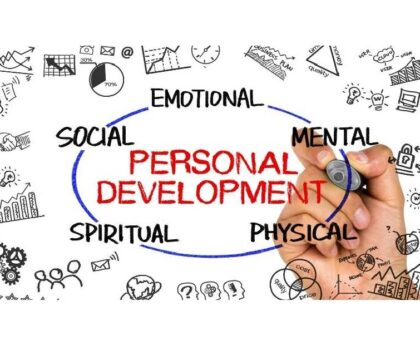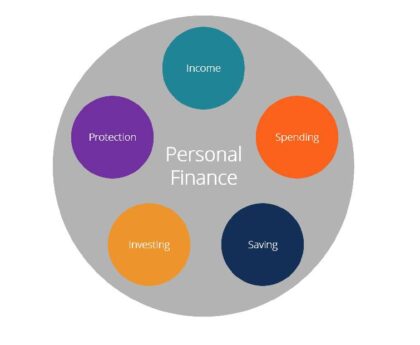- Introduction
- Building a Foundation of Love and Trust
- Encouraging Independence and Autonomy
- Practicing Effective Communication
- Setting Boundaries and Disciplining with Respect
- Nurturing Emotional Intelligence
- Balancing Screen Time and Real-World Engagement
- Encouraging a Growth Mindset
- Promoting Cultural mindfulness and Addition
- Balancing Structure and Inflexibility
- Fostering Independence in Decision-Making
- Nurturing a Love for Learning
- Promoting Health and Well-being
Introduction
Parenting is a multifaceted and deeply satisfying trip that presents a range of challenges and mannas. In the moment’s fast-paced world, parents are faced with unique circumstances and an array of parenthood doctrines. This composition aims to explore the principles and strategies that can help ultramodern parents navigate the complications of raising children in the 21st century. By understanding the core rudiments of effective parenthood, fostering strong connections, and embracing open-mindedness, parents can produce a nurturing terrain for their children’s growth and development.
Building a Foundation of Love and Trust
The foundation of successful parenthood lies in the establishment of a foundation erected on love and trust. Parents should strive to produce a terrain where their children feel unconditionally loved, supported, and accepted. Expressing affection, harkening laboriously, and furnishing emotional stability are vital factors in developing a strong parent-child bond. Trust can be cultivated by recognizing pledges, esteeming boundaries, and being harmonious in the discipline.
Encouraging Independence and Autonomy
In the moment’s world, fostering independence and autonomy in children is essential for their long- term well- being. Parents should give openings for children to make opinions, take on liabilities, and break problems. Encouraging independence helps children develop adaptability, tone-confidence, and critical thinking chops. still, it’s pivotal to strike a balance between autonomy and guidance, offering support when demanded while allowing room for growth and tone- discovery.
Practicing Effective Communication
Clear and effective communication is vital in maintaining healthy parent-child connections. Active listening, empathy, and open dialogue produce an atmosphere where children feel safe to express their studies, enterprises, and feelings. Parents should be attentive and validate their child’s passions, indeed if they do not always agree. Honest and age-applicable conversations about important motifs similar to connections, coitus education, and internal health should be initiated at applicable times.

Setting Boundaries and Disciplining with Respect
Establishing clear boundaries and harmonious discipline is pivotal for children’s emotional and behavioral development. Parents should communicate prospects, rules, and consequences to help children understand limits and promote responsible decision- timber. Discipline should be approached with respect and an emphasis on tutoring rather than discipline. Strategies like positive underpinning, time-outs, and logical consequences can be employed to encourage positive geste.
Nurturing Emotional Intelligence
Emotional intelligence plays a significant part in a child’s overall well-being and success in life. Parents can foster emotional intelligence by modeling and encouraging emotional mindfulness, regulation, and empathy. Creating a safe space for children to express their feelings without judgment helps them develop the chops to navigate their passions effectively. tutoring problem-working and conflict-resolution ways equip children with essential life chops.
Balancing Screen Time and Real-World Engagement
In the digital age, chancing a healthy balance between screen time and real-world engagement is pivotal. Parents should set reasonable limits on device operation and promote indispensable conditioning similar to out-of-door play, reading, and creative trials. Engaging in conditioning together as a family strengthens bonds and fosters meaningful connections. Being aware of the content consumed and encouraging critical thinking regarding media is essential.
Encouraging a Growth Mindset
Breeding a growth mindset in children can empower them to embrace challenges, persist through lapses, and develop a love for literacy. Parents can cultivate a growth mindset by praising trouble and progress rather than solely fastening on achievements. Encouraging children to view miscalculations as learning openings and emphasizing the significance of hard work can foster adaptability and amenability to take on new challenges.
Promoting Cultural mindfulness and Addition
In a decreasingly different world, it’s essential for parents to raise culturally apprehensive and inclusive children. tutoring children about different societies, beliefs, and perspectives helps foster empathy, respect, and acceptance. Engaging in conditioning that celebrates diversity, similar to exploring different cookeries, attending artistic events, and reading books with different characters, can broaden children’s worldview and promote inclusivity.
Balancing Structure and Inflexibility
Chancing a balance between structure and inflexibility is crucial to effective parenthood. Establishing routines and harmonious prospects can give children a sense of stability and security. still, it’s inversely important to allow inflexibility and rigidity, especially in response to changing circumstances or individual differences. Inflexibility allows for naturalness, creativity, and the capability to acclimatize parenthood strategies to suit each child’s unique requirements.
Fostering Independence in Decision-Making
As children grow, it’s pivotal to gradationally empower them to make age-applicable opinions. Allowing children to have a say-so in matters that affect them helps make their confidence, problem-working chops, and decision-making capacities. Giving choices within limits and encouraging them to take responsibility for their conduct nurtures their independence and tone- reliance.

Nurturing a Love for Learning
Parents play a pivotal part in fostering a lifelong love for learning in their children. Creating a stimulating terrain that encourages curiosity, disquisition, and intellectual growth can fuel children’s passion for knowledge. Engaging in conditioning that promotes reading, imaginative play, and hands-on learning gests can inseminate a thirst for knowledge and a sense of wonder in children.
Promoting Health and Well-being
Physical and internal well-being are vital aspects of a child’s development. Parents should prioritize their children’s health by encouraging healthy eating habits, regular exercise, and sufficient sleep. tutoring children about tone- care, stress operation, and emotional well-being equips them with essential tools for navigating life’s challenges. also, fostering open communication about internal health and seeking professional help when demanded reduces smirch and ensures that children admit the support they bear.

Parenting,Parenting,Parenting,Parenting,Parenting,Parenting,Parenting,Parenting,Parenting





